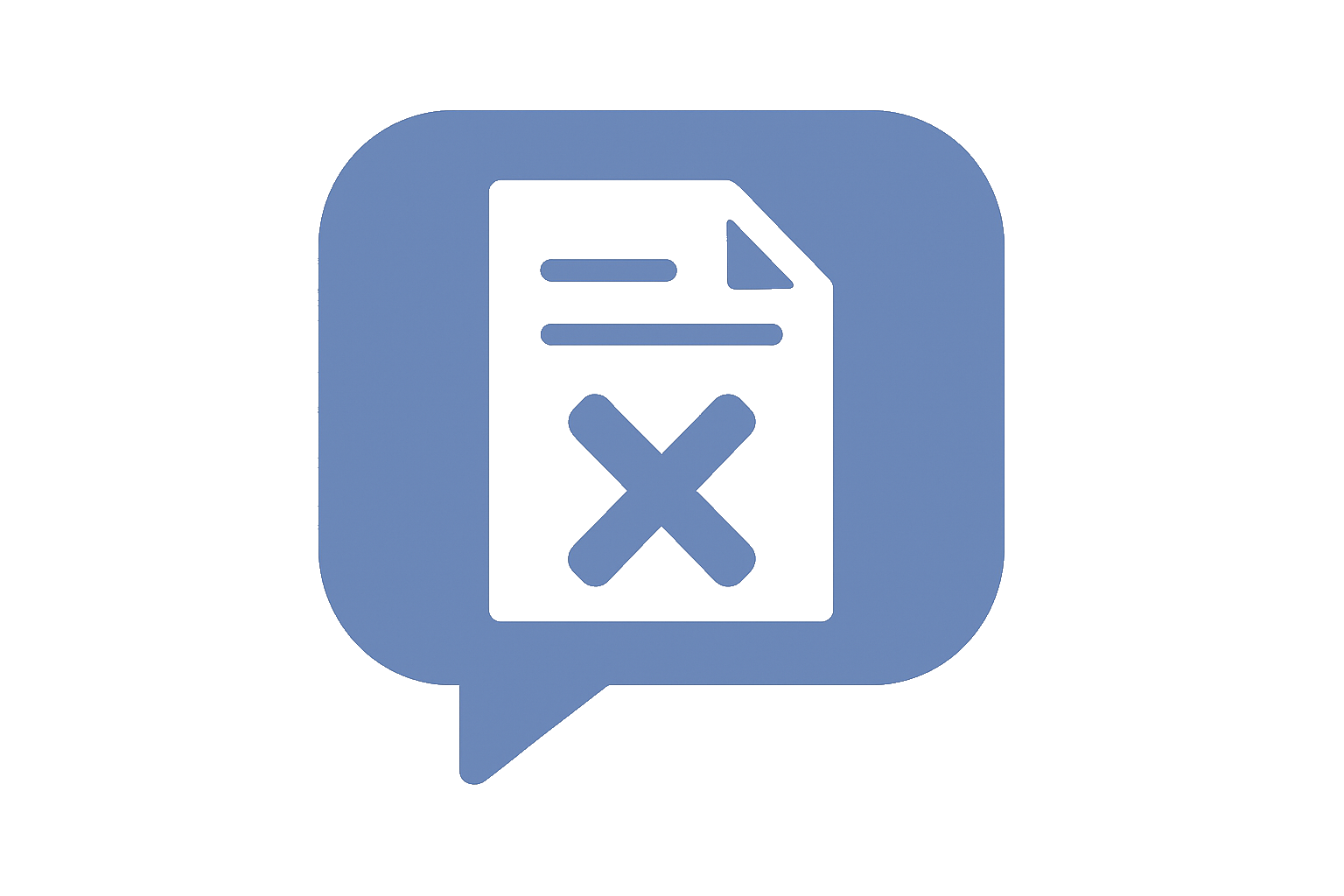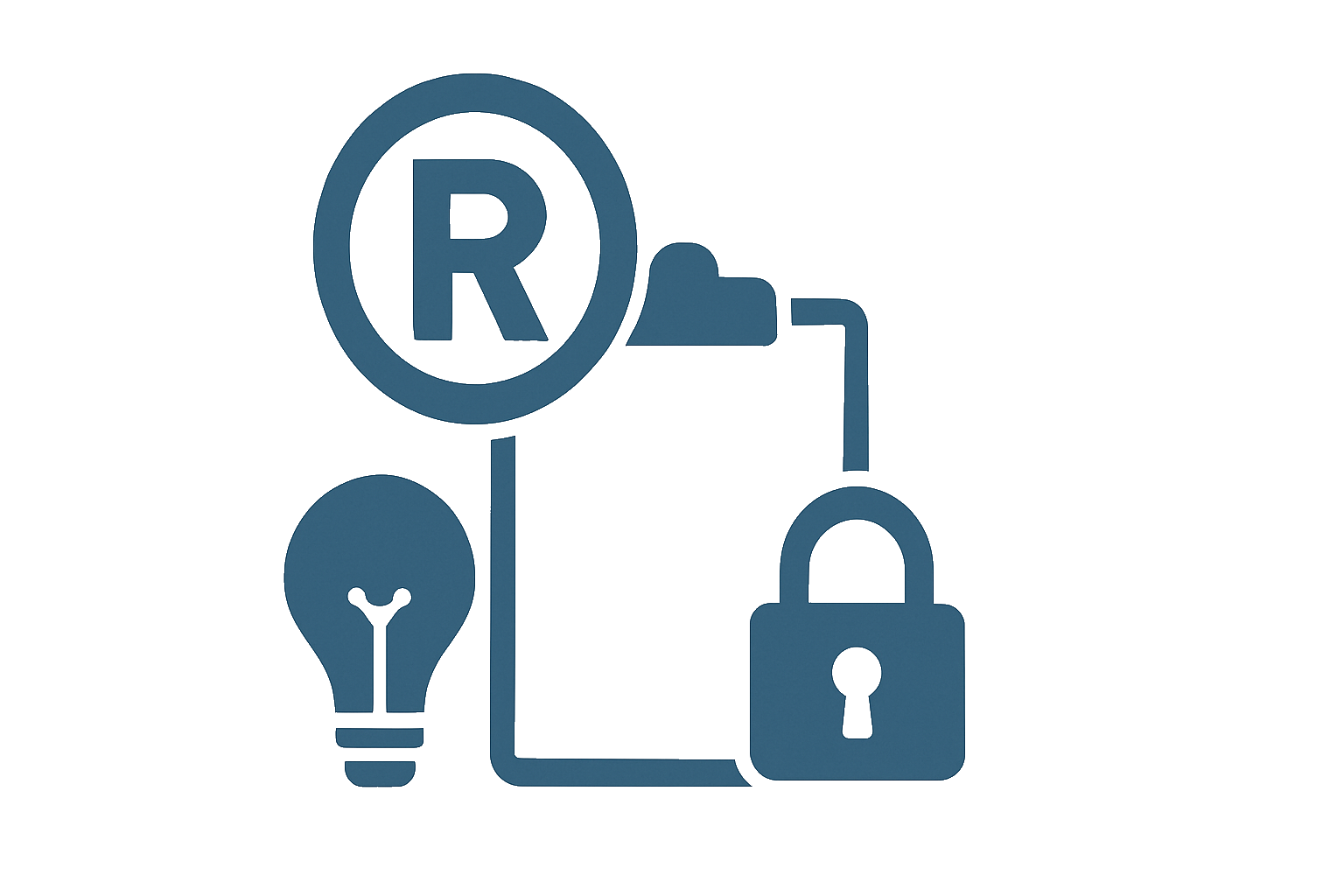📌 Quick Summary
🟢 1-Sentence Answer:
Posting a Facebook or Instagram disclaimer saying “I do not give permission to use my data” has zero legal effect—platform terms you agreed to still govern your content and privacy rights.
📘 The Article Overview:
This article explains why those viral “Facebook privacy disclaimers” are legally meaningless, how terms of service really work, and what actually protects your data. We’ll unpack the legal framework behind social media ownership, explore myths, real cases, and what you can actually do to control your content.
❓ Common Questions & Answers
Q1: Does a Facebook post saying “I don’t give permission” protect my photos?
A1: No. Posting such a disclaimer doesn’t override Facebook’s Terms of Service. When you use the platform, you grant them a license to display and distribute your content.
Q2: Why do people keep sharing these posts?
A2: They sound empowering, but it’s digital folklore—copied and shared without understanding how contracts and copyright law actually work online.
Q3: Can I legally revoke Facebook’s license to use my data?
A3: Only by deleting your content or account. That ends Facebook’s license to display your materials, but not retroactively.
Q4: What laws actually protect my content?
A4: Copyright law protects your ownership; privacy and data protection laws (like GDPR or CCPA) regulate how platforms use your personal data—not what you post publicly.
Q5: Is this different in other countries?
A5: The basics are the same—though terms like “data subject rights” (UK/EU) or “personal information rights” (Australia/Canada) differ, the disclaimer myth fails everywhere.

📜 Step-by-Step Guide
-
Read the Terms Before Posting: Every platform has its own license terms. Using the platform equals consent.
-
Understand What You Own: You retain copyright, but you give platforms a broad license to display and distribute your posts.
-
Limit Public Sharing: Adjust your privacy settings if you don’t want your content reused or embedded.
-
Avoid Copy-Paste Disclaimers: They have no contractual or legal authority.
-
Delete or Request Removal: To revoke Facebook’s right to use your content, remove it from the platform.
🏛️ Historical Context
The myth of “Facebook disclaimers” first went viral around 2012, when users started posting paragraphs of pseudo-legal text asserting copyright over their content. These “disclaimers” typically cited fabricated statutes like “UCC 1-308” or “Rome Statute Article 12,” none of which apply to social media use.
The movement reflected public unease about digital ownership at the dawn of the data economy. As Facebook grew into a global social network, users began realizing that “free” platforms often monetize user data through targeted advertising. The illusion of control—by posting a simple text—felt comforting, even if false.
By 2015, legal experts and Facebook itself had publicly debunked the trend, reminding users that terms of service (TOS) function as a contract: clicking “I agree” outweighs any later statement. Nonetheless, these viral posts continue to resurface with each privacy scandal, proving the myth’s emotional grip on online trust.
🏢 Business Competition Examples
-
Facebook (Meta): Explicitly states that users own their content but grant Facebook a non-exclusive, transferable license to use it.
-
Instagram: Similar terms—users retain ownership but license Instagram to display, modify, and distribute their content globally.
-
TikTok: Offers broad usage rights, including derivative works, for platform functionality and promotion.
-
LinkedIn: Uses user-generated content to improve its services but maintains a narrower scope of license.
💬 Discussion Section
Let’s be blunt: posting “I do not give Facebook permission to use my data” is the digital equivalent of taping a “No Photos” sign to your window after agreeing to be on a reality show.
The moment you joined Facebook, Instagram, or X (formerly Twitter), you entered into a binding legal contract known as the Terms of Service. Those terms include a license agreement—not a transfer of ownership, but permission for the platform to display, copy, and sometimes use your content for operational purposes.
When you click “Post,” you trigger a set of automatic rights grants. These include allowing Facebook to show your photo to your friends, store backups, optimize content for feeds, and even let third-party apps access metadata. Posting a “disclaimer” afterward doesn’t revoke that consent because contract law doesn’t allow one party to unilaterally change terms.
In the U.S., and across common law jurisdictions (like the UK, Canada, and Australia), the rule is the same: contracts formed online are enforceable if the user knowingly agrees by action—clicking, tapping, or continuing to use the service.
That doesn’t mean you’re powerless. Real control comes from understanding your privacy settings, data access tools, and platform policies. You can:
-
Limit who sees your posts.
-
Request your data download or deletion (under GDPR, CCPA, etc.).
-
Use platforms that offer better user rights transparency.
In contrast, those viral “legal” posts do nothing except spread misinformation. They don’t harm your account, but they do clutter timelines with false hope. In an era where data literacy matters, understanding that your actions—not your words—control your digital rights is crucial.
⚖️ The Debate
🗣️ “Pro-Disclaimer” Side:
Supporters claim posting a disclaimer is symbolic resistance. It publicly asserts their awareness of data rights and sends a message to Big Tech about overreach. They argue visibility fosters collective awareness, even if not legally binding.
📜 “Legal Reality” Side:
Lawyers and digital rights experts stress that such posts have no enforceable impact. Contracts can’t be amended by a unilateral public statement. Only legislation or formal account deletion changes the platform’s data rights. The smarter resistance? Advocate for regulatory reform, not Facebook wall posts.

✅ Key Takeaways
-
Posting “I don’t give permission” does not change Facebook’s terms.
-
You still own your content—but you’ve granted Facebook a license.
-
The only way to revoke that license is deleting your content or account.
-
Real data protection comes from law, not memes.
-
Always read Terms of Service before joining platforms.
⚠️ Potential Business Hazards
-
False Sense of Security: Believing a disclaimer protects your rights can lead to oversharing.
-
Public Misinformation: Reposting legal myths damages brand credibility.
-
Compliance Gaps: Businesses relying on user myths risk GDPR or CCPA violations.
-
Reputational Damage: Companies sharing “fake legal” posts may appear uninformed or untrustworthy.
❌ Myths & Misconceptions
-
“Posting a disclaimer makes it legally binding.” – False; contracts need mutual consent.
-
“Facebook owns all your content.” – False; they license it, not own it.
-
“Deleting a post removes all copies.” – Not immediately; backups persist temporarily.
-
“These rules differ by country.” – Not in essence; contract law is consistent.
-
“Lawyers wrote those viral posts.” – Definitely not. Lawyers laughed at them.

📚 Book & Podcast Recommendations
-
Book: The Age of Surveillance Capitalism by Shoshana Zuboff — https://www.penguinrandomhouse.com/books/
-
Book: Terms of Service: Social Media and the Price of Constant Connection by Jacob Silverman — https://www.harpercollins.com/products/
-
Podcast: Lawfare Podcast – Tech & Privacy — https://www.lawfaremedia.org/podcasts/lawfare
-
Podcast: IRL: Online Life Is Real Life — https://irlpodcast.org
⚖️ Legal Cases
-
EFF v. Facebook (2019) – https://www.eff.org — Explored privacy and user data control limitations.
-
Del Vecchio v. Amazon.com (2012) – Established that continued use after TOS changes still indicates agreement.
-
In re Facebook Privacy Litigation (2015) – https://casetext.com/case/in-re-facebook-privacy-litigation — Addressed user consent to data use.
-
EU GDPR Enforcement Cases (2018–2024) – https://gdpr.eu/cases — Highlighted global trends in data protection enforcement.
📣 Expert Invitation
Are you a privacy attorney, tech policy scholar, or digital rights activist? Join the conversation at InventiveUnicorn.com and share your insights on user data myths, platform responsibility, and future regulation.
🔚 Wrap-Up Conclusion
Posting “I do not consent to Facebook using my data” may feel empowering—but legally, it’s a placebo. Contracts trump copy-paste disclaimers, and social media platforms operate on licenses you agreed to by joining. The real path to digital empowerment isn’t viral text—it’s understanding, legislation, and informed digital habits.











